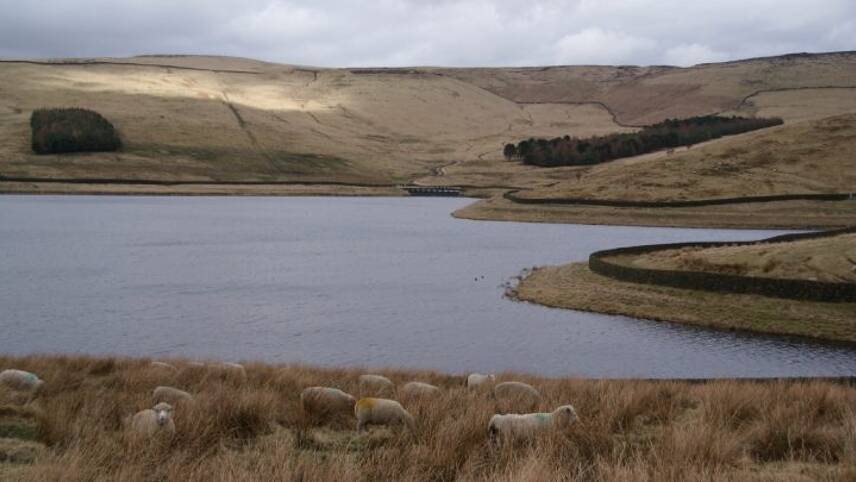Register for free and continue reading
Join our growing army of changemakers and get unlimited access to our premium content

Pictured: Castleshaw Upper Reservoir
The Department for Environment, Food and Rural Affairs (Defra) has said its long-awaited NPS is part of the government’s goal to provide clean and plentiful water as set out in the 25-year Green Future plan.
The department is currently considering all comments received as part of the consultation period, which ran from November 2018 to the end of January 2019.
The draft NPS has also undergone parliamentary scrutiny and Defra is considering recommendations made by the Environment, Food and Rural Affairs Select Committee.
Theresa Villiers, who replaced Michael Gove as Defra secretary last month, and her team aim to lay the final NPS in Autumn 2019 alongside the summary of responses to this consultation and the government’s response to the points raised.
The proposed policy will examine how to make water supplies more resilient including addressing leakage reduction and increased efficiency, as well as incorporating new water supplies such as reservoirs and water transfers.
It highlights the need for developing infrastructure projects including reservoirs, water transfer and desalination projects.
The NPS has been written in response to mounting pressure on the availability of water to make sure the water industry can meet demand without compromising environmental needs.
It aims to secure long-term resilience and protect customers as population growth, climate change and a growing economic sector add to the demands on water supplies.
According to Defra, the draft policy recognises the threat of drought to the UK in the coming 30 years and sets out proactive measures to combat this.
Ruth Williams
This article appeared first on edie’s sister title, Utility Week


The proposed policy will highlight the need for infrastructure etc.. There is no mention of using rainwater as a non-potable supply. We have spent a month asking DEFRA, Environment Parliament and water companies why not and there does not appear to be a reason or a thought to consider it.
Large water companies give the usual vacuous reply.
Why is rainwater not being considered as a non-potable supply. It has to be a waste to use drinking water to wash cars, water gardens and flush toilets.